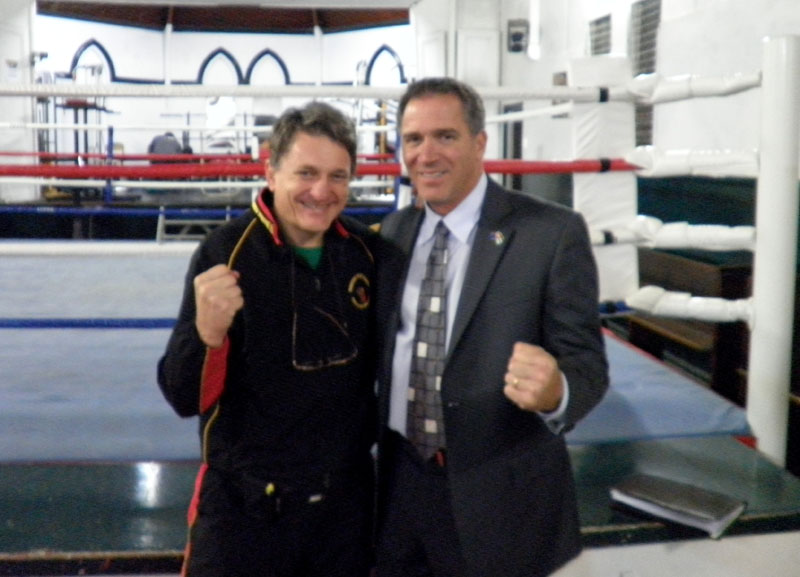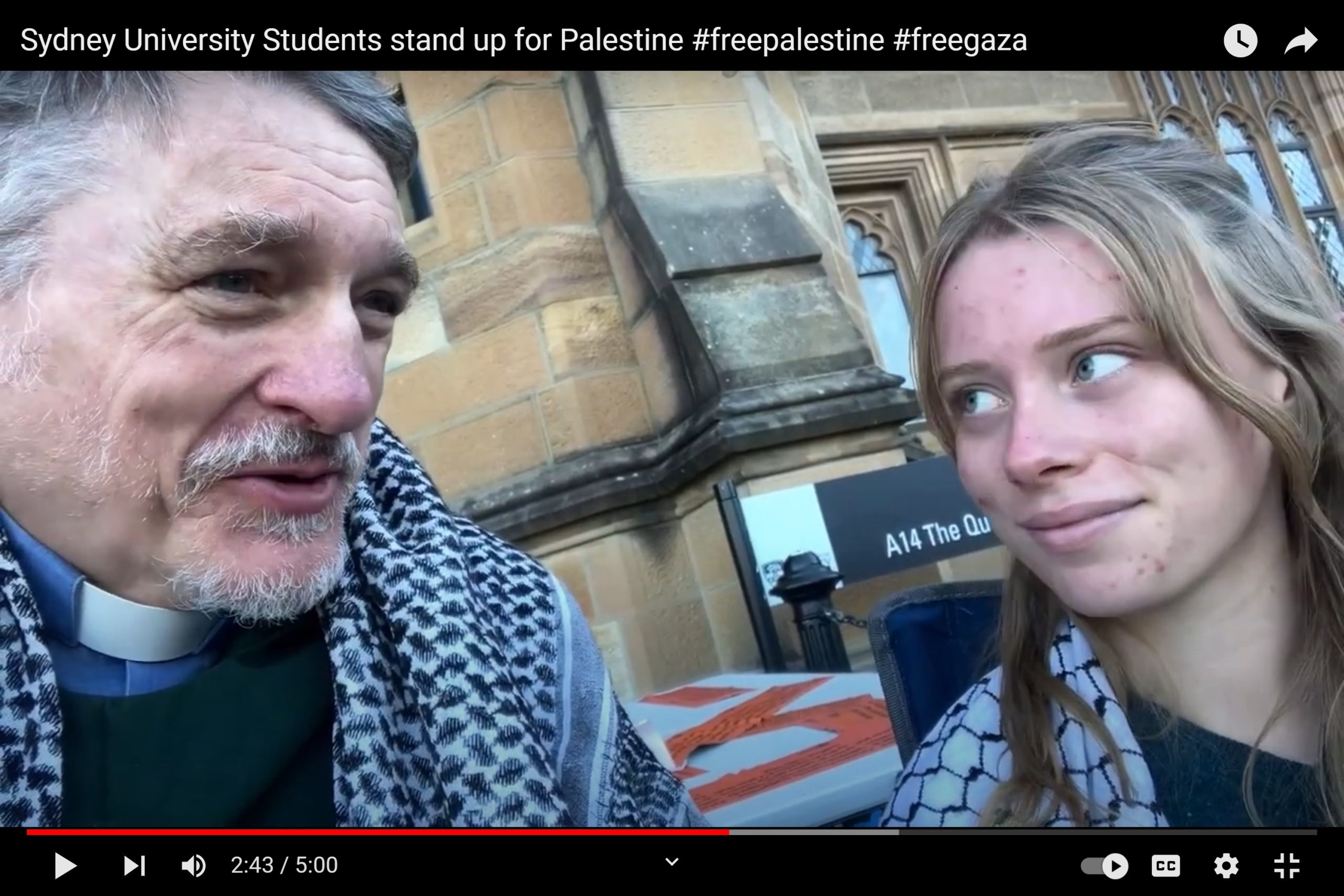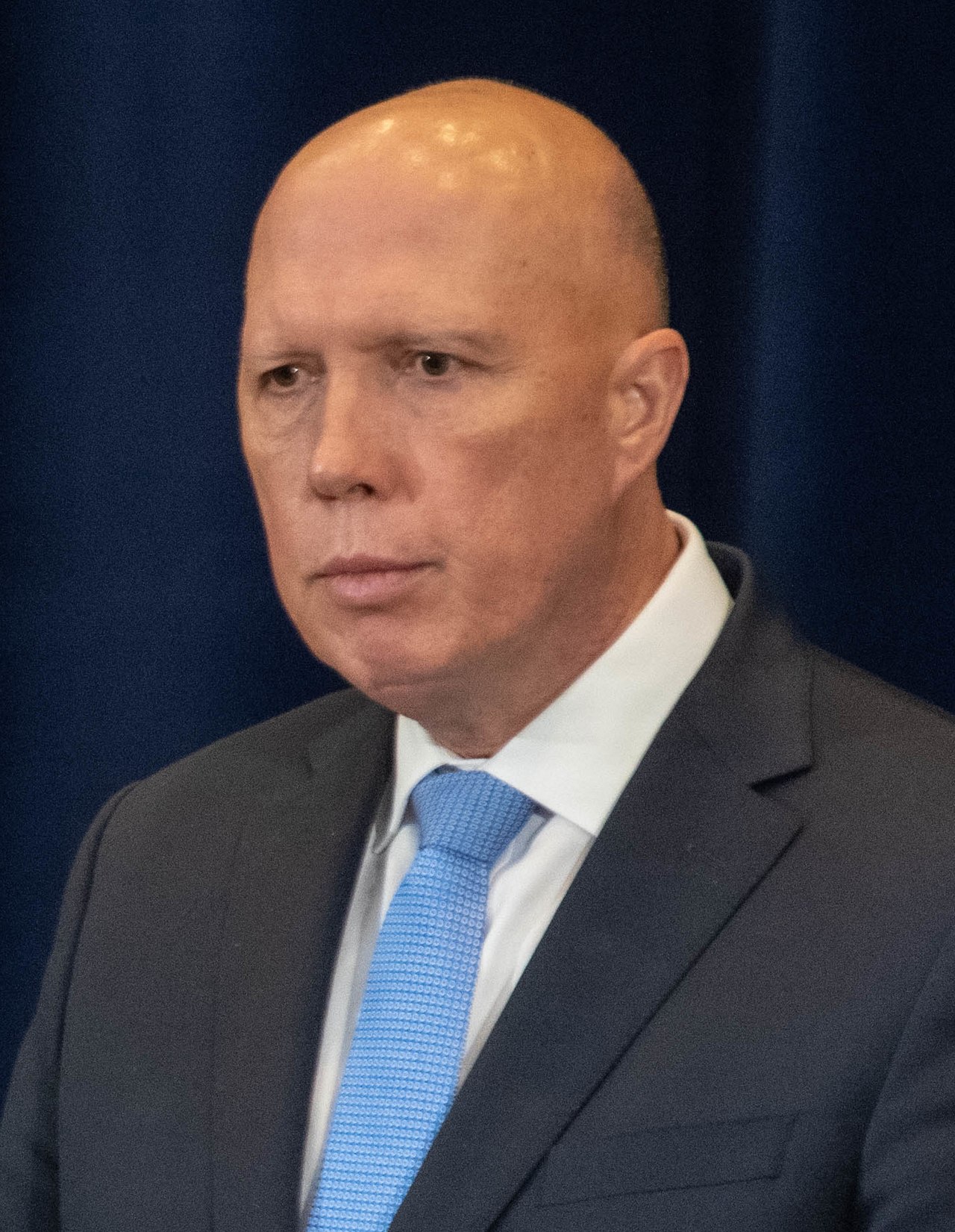
Miko Peled speaks to Father Dave
I first met Miko in person in 2011 when he came to Sydney. It was part of a world-wide tour, promoting his book – “The General’s Son”. I had actually dropped round to his home in San Diego some

I first met Miko in person in 2011 when he came to Sydney. It was part of a world-wide tour, promoting his book – “The General’s Son”. I had actually dropped round to his home in San Diego some

Israel’s chief army spokesman has appeared to question the stated goal of destroying the Hamas militant group in Gaza in an apparent rare public rift between the country’s political and military

Democrats may boycott Israel PM Benjamin Netanyahu’s address to Congress next month, as divisions over his conduct of the war in Gaza divide leaders in Washington

Two weeks ago, Secretary-General of the United Nations, António Guterres, added Israel to its so called “blacklist of shame” for the countries that have committed abuses against children in armed

Speaking with Grace was a refreshing reminder that idealism amongst our young people is not dead, and neither has it all been distorted by Woke ideology. Grace is a true academic – exemplifying what Kierkegaard would call ‘purity of heart’

We live in a world where international politicians and diplomats cannot stop the wanton killing of children and innocent civilians – in Ukraine, Gaza, Sudan and many other places. The United

An aide to Prime Minister Benjamin Netanyahu confirmed on Sunday that Israel had accepted a framework deal for winding down the Gaza war now being advanced

Israel continues to pound Rafah with bombs, resulting in multiple massacres. Some areas of the bombardment were designated as humanitarian safe zones where Israeli officials
